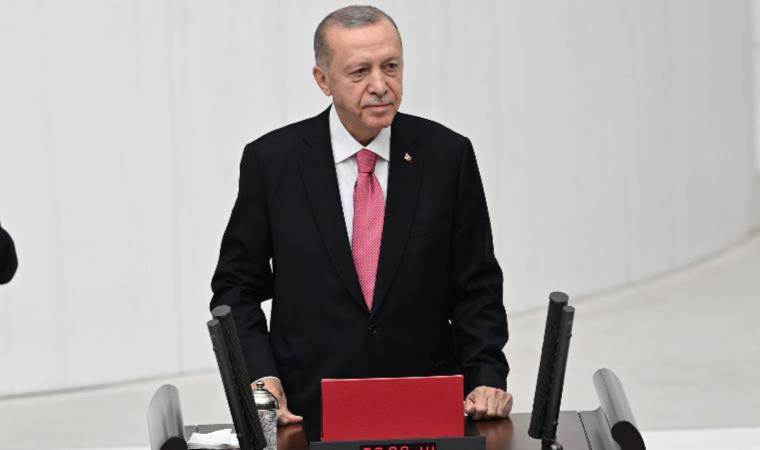He noted that the budget deficit is exceptionally high, saying, “If you don't collect taxes, your budget deficit increases. When the budget deficit grows, public debt rises. Eventually, you are forced to introduce additional taxes.”
Hamzaçebi also pointed out that unregistered income is tolerated in Turkey. “If you forgo taxes and feed unregistered income without documenting earnings, the public pays the price. There are people making billions without paying a dime in taxes. However, to prevent the black economy, you shouldn't be complicit in it,” he said.
'No Change in Capital Inflows'
Kozanoğlu noted that the markets had already expected Turkey's removal from the grey list, saying, "If we hadn't been removed from the grey list, it would have been a bad surprise. Since our removal was anticipated, it did not cause significant changes in the stock market, other markets, or exchange rates." He also mentioned that since the March 31 Local Elections, there has been more capital inflow into Turkey than expected and that contrary to popular belief, there would not be a further increase in capital inflows. He explained that citizens are mistaken in thinking that investors would prefer Turkey after the grey list development. "Investment funds do not invest in countries on the grey list according to their contracts. There's a belief that they will invest now. What is meant here are mainly institutional investors like pension funds and insurance funds. Yes, they do not enter countries on the grey list, but another condition they seek is that a country must be rated as investable. Turkey is not yet at that level because these funds look for secure investments," he said.
'Failure, Incompetence, and Disorganization'
Hamzaçebi explained that if Turkey had continued to collect taxes as it did in the early 2000s, it could have collected 16 trillion lira more in tax revenue. “In that case, there would be no need for new taxes. This is a matter of failure, incompetence, and disorganization. Regardless of which taxes you increase, the burden of additional and new taxes ultimately falls on the broader society. The bill always comes to the public,” he said.
Hamzaçebi stressed that Turkey's budget deficit is "extraordinarily high." “According to the medium-term program, the budget deficit for 2024 is 6% of the national income. This ratio was around 1% in 2022. If you don't collect taxes, your budget deficit increases. When the budget deficit grows, public debt rises. Eventually, you are forced to introduce additional taxes,” he explained.
'Billions in Earnings, Not a Dime in Taxes'
Hamzaçebi criticized the AKP government for “feeding unregistered income.” He stated, “If you forgo taxes and feed unregistered income without documenting earnings, the public pays the price. Unregistered earnings in Turkey are extraordinarily high. There are people making billions without paying a dime in taxes. However, to prevent the black economy, you shouldn't be complicit in it. If you tolerate this, it will eventually corrode the entire tax system and society. Unregistered earnings have not been tackled.”
Hamzaçebi also noted that "one-third of the national income in Turkey comes from the unregistered economy." He said, “Ignoring the unregistered economy and increasing the tax burden only on registered taxpayers is not correct. Turkey's priority should be to tax the unregistered economy.”
According to reports by the Organization for Economic Cooperation and Development (OECD), Turkey's performance in taxes collected from earnings is poor, Hamzaçebi stated. “While the ratio of indirect taxes to total taxes in OECD countries is 32%, in Turkey, it is 45%. There is a discrepancy. Indirect taxes in Turkey are 50% higher than the OECD average. This needs to be reduced,” he added.




